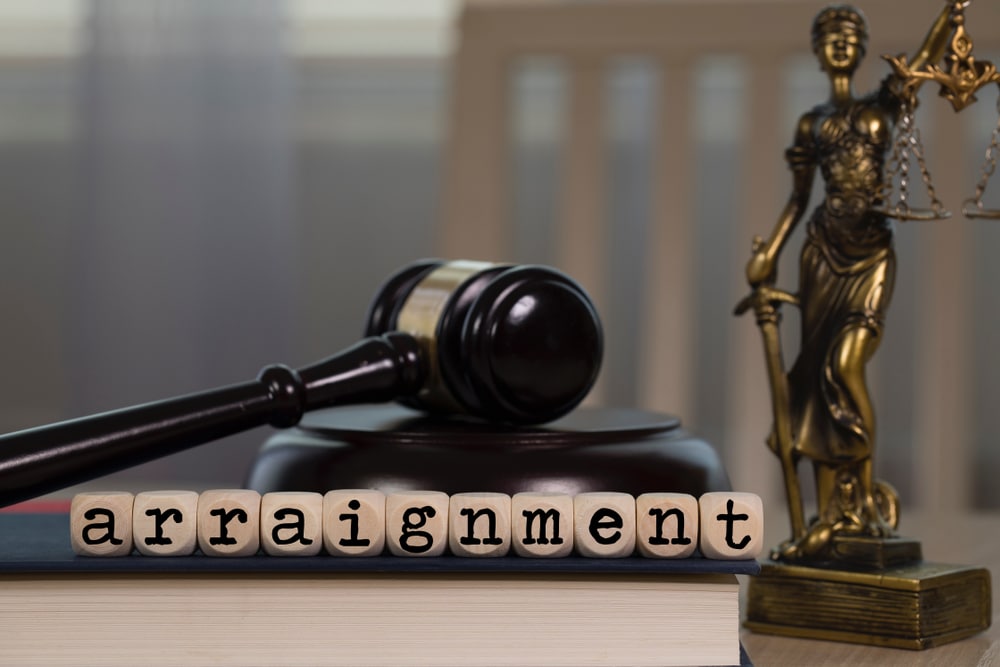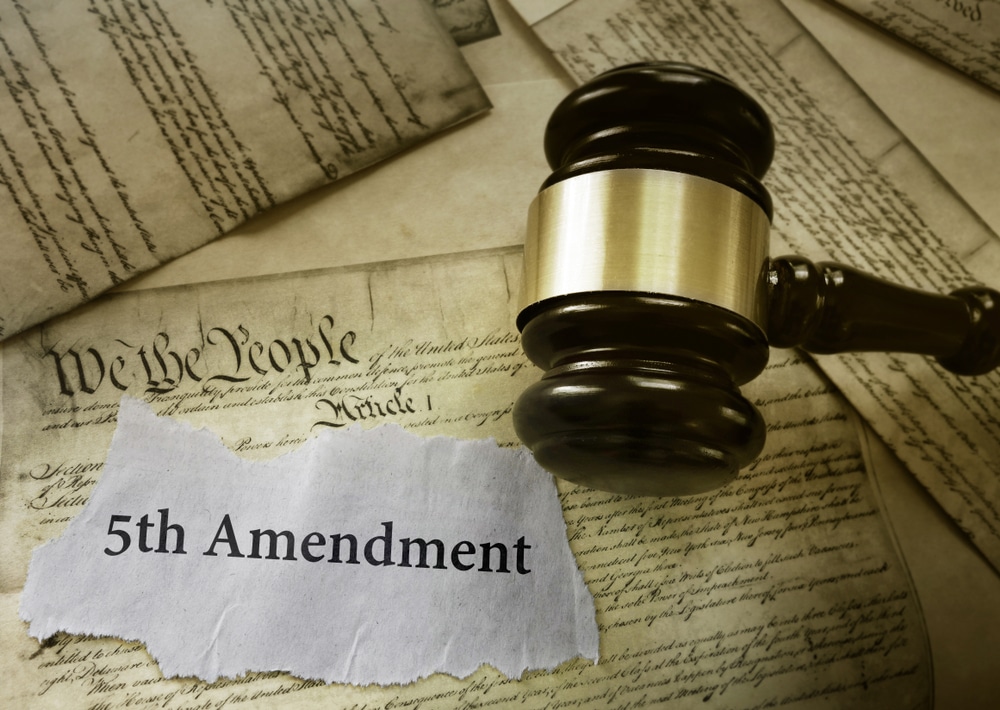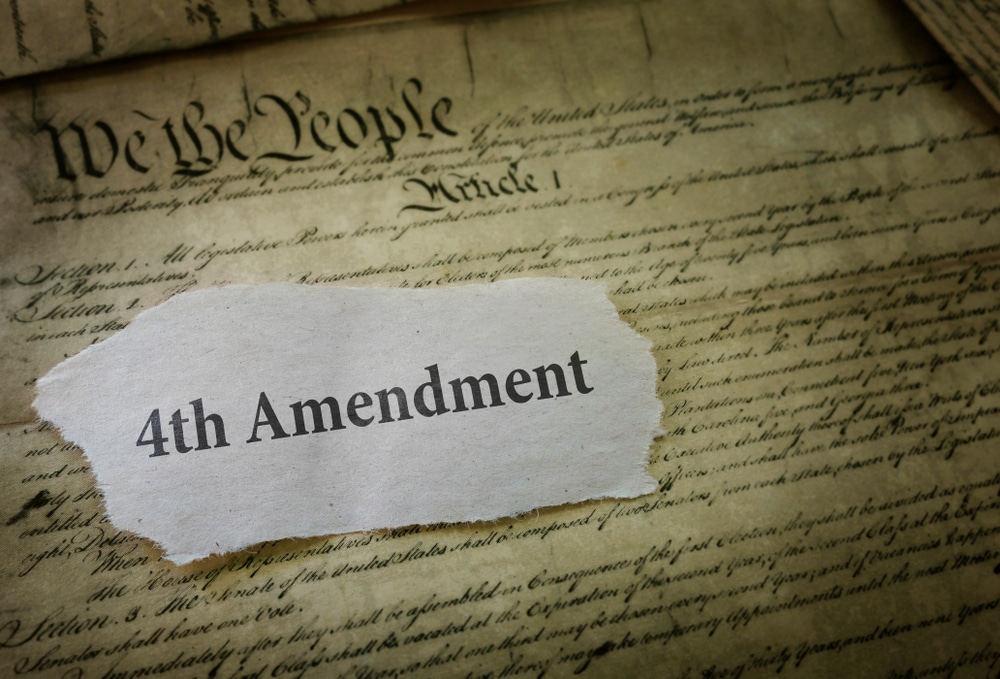If you’ve been charged with a crime, it’s crucial to build a strong case and develop an effective defense strategy. Although facing a criminal accusation can be stressful and overwhelming, it’s important to understand that you are innocent until proven guilty — you’re also entitled to a vigorous defense under the U.S. Constitution. Depending on the facts of the case, a solid defense strategy can include asserting Constitutional violations, establishing an alibi, or arguing self-defense, entrapment, or insanity.
No matter what type of criminal charges have been brought against you, the following are five steps you can take to help ensure you build a strong criminal defense.
1. Know Your Rights
If you’ve been arrested or detained by the police, it’s essential to be aware of your legal rights. The most critical protection is the requirement that the prosecution establish your guilt beyond a reasonable doubt. But there are many other Constitutional provisions that safeguard your rights. Under the Fifth Amendment to the U.S. Constitution, you have the right to remain silent and to have a lawyer. Additionally, under the Sixth Amendment, you have the right to cross-examine witnesses, receive adequate representation, and have your case heard before a jury.
2. Choose an Experienced Criminal Defense Attorney
The best way to ensure your Constitutional rights are protected if you’ve been charged with a crime is to have a skillful criminal defense attorney by your side. However, the attorney you select to represent you in a criminal case may not be the same counsel you used for a personal injury matter or divorce — these are civil matters. Criminal law is a distinct practice area requiring knowledge of specific rules, regulations, and court procedures. Although some attorneys practice both civil and criminal law, it’s best to find an attorney with experience handling the type of offense with which you’ve been charged.
3. Disclose All Details to Your Attorney
It is essential that you are honest with your attorney and provide them with all the relevant details about your case. Only by knowing all the facts can your attorney craft an effective defense strategy. Significantly, when you discuss your case with your defense counsel, attorney-client privilege applies. This means that your attorney cannot reveal the privileged information you divulge to them, even if you reveal your involvement in the crime. It’s up to the jury to decide whether you’re guilty — it’s your attorney’s job to fight for the best possible outcome in your case.
4. Collect Evidence and Interview Witnesses
The police typically collect evidence in a criminal case. However, this doesn’t mean you can’t present your own evidence. While you cannot hide, conceal, or remove evidence from the scene, you may still be able to take photos or videos, depending on the circumstances. Additionally, your defense attorney should be able to collect relevant documents through the discovery process. They may also decide to hire an investigator who can assist with gathering evidence and interviewing witnesses. In some cases, they might enlist the help of a forensic expert who can analyze certain evidence and testify at trial.
5. Choose a Defense Strategy and See it Through
After discussing the best defense strategy for your case with your attorney, it’s vital to follow through with it. Whether the strategy implemented is based on Constitutional issues, lack of probable cause for the arrest, self-defense, or an alibi, it’s important to trust your attorney. Your attorney will use various arguments during the course of your case to achieve the best possible results.
Contact an Experienced New York Criminal Defense Attorney
The steps you take in building your criminal defense can make all the difference in the outcome of your case. An experienced criminal defense attorney can develop a strategic defense and work to protect your Constitutional rights. Providing effective counsel and high-quality legal services, the criminal defense attorneys at D’Emilia Law are committed to advocating for those who have been charged with a wide variety of offenses in New York. To schedule a consultation, contact us at 1-888-DEMILIA.











